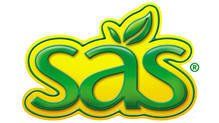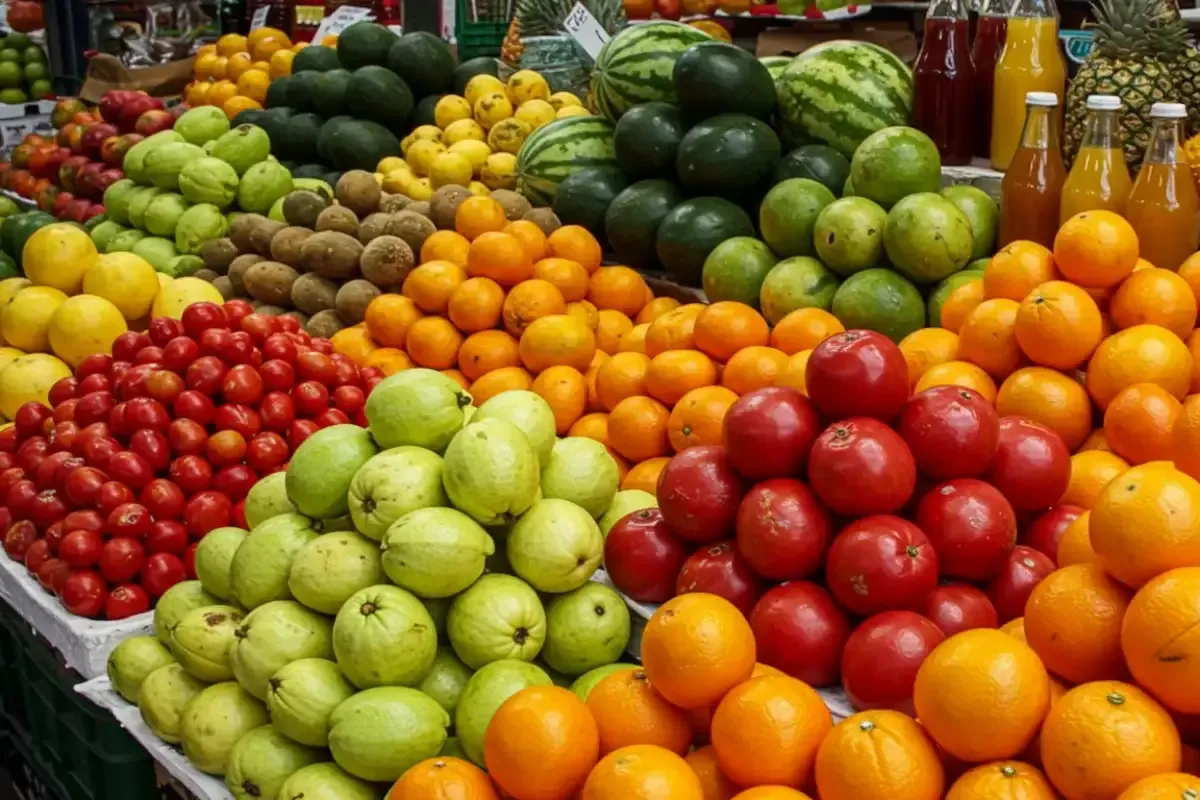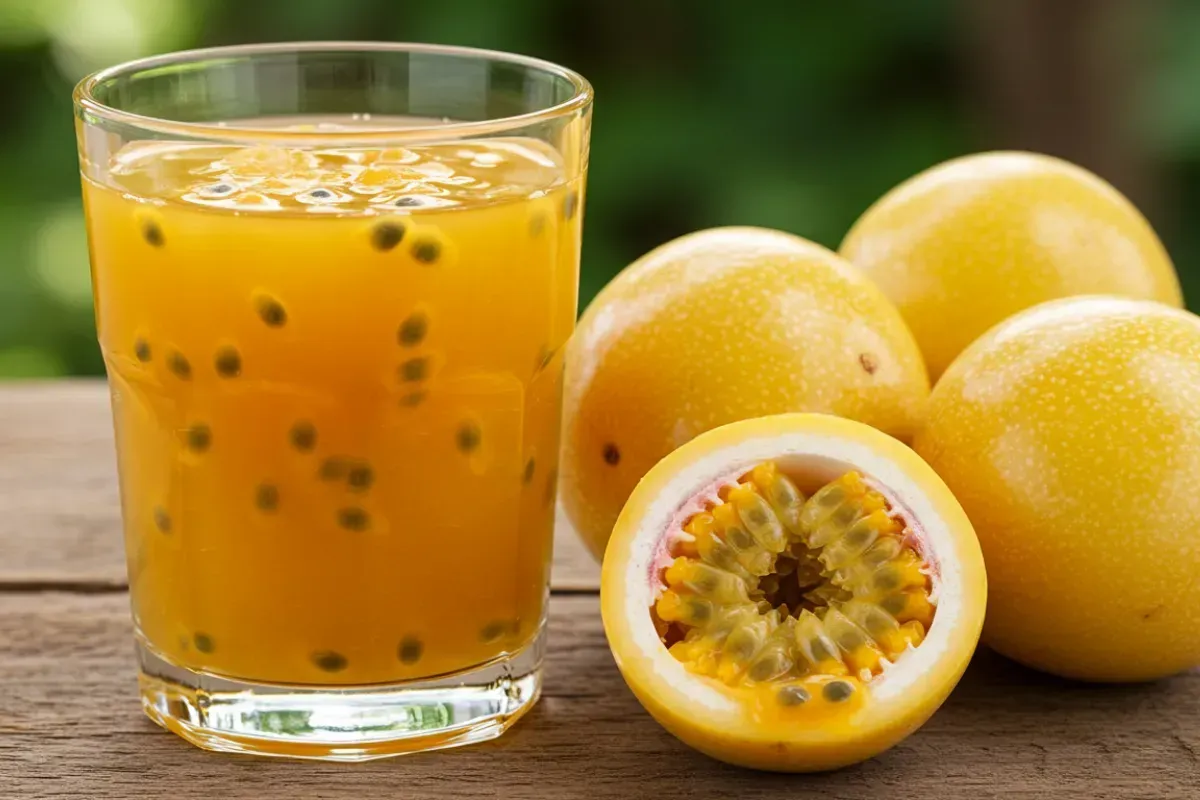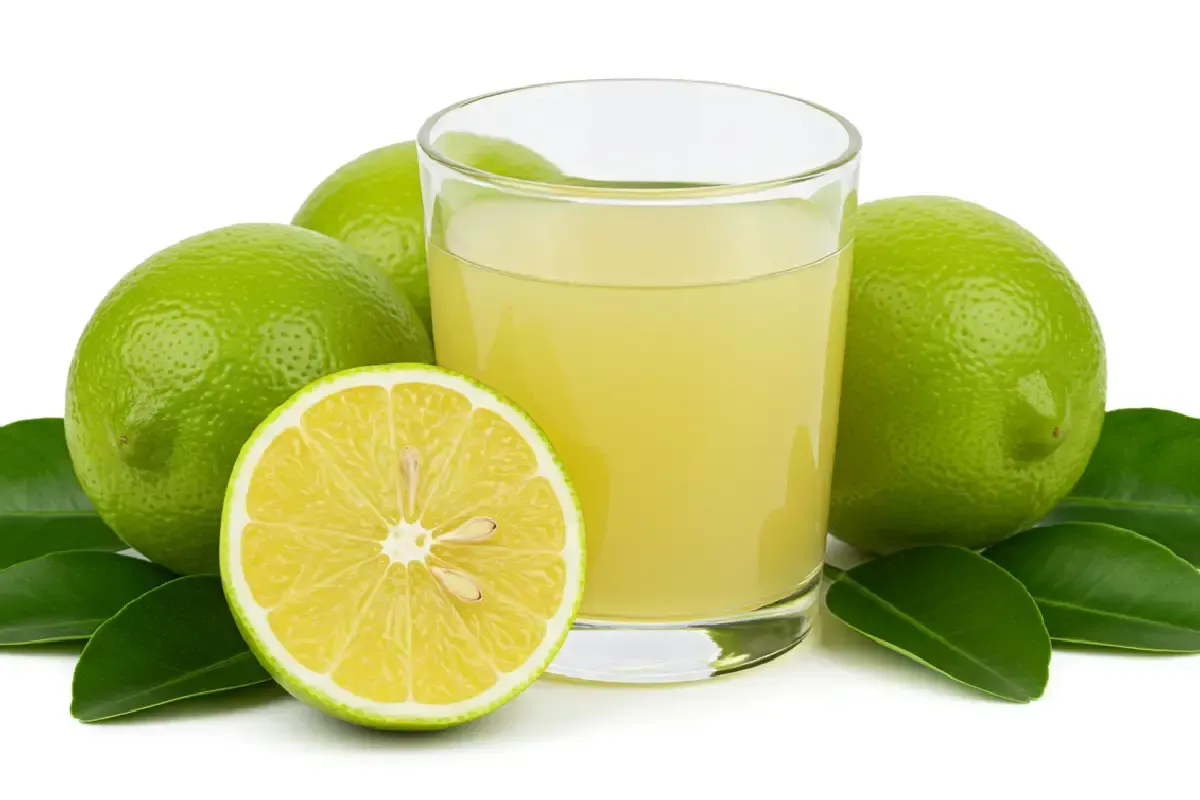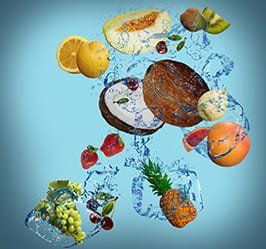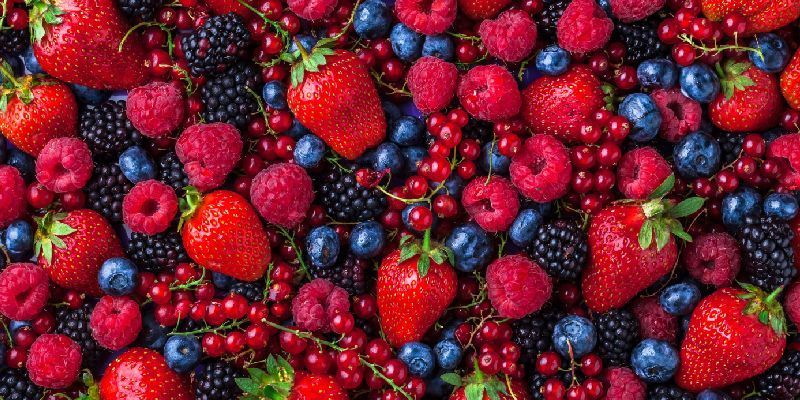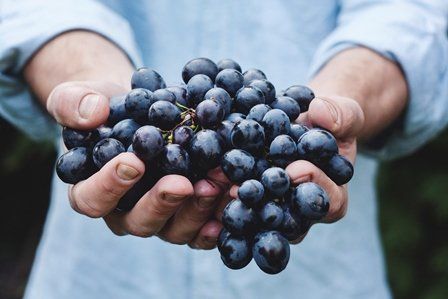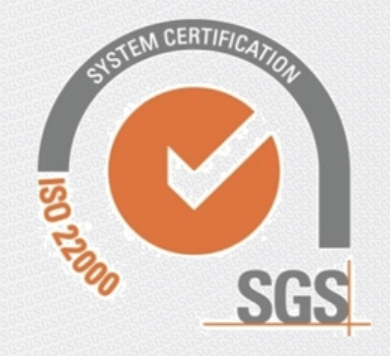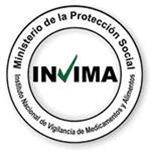Food traceability: Safe journeys from farm to consumer
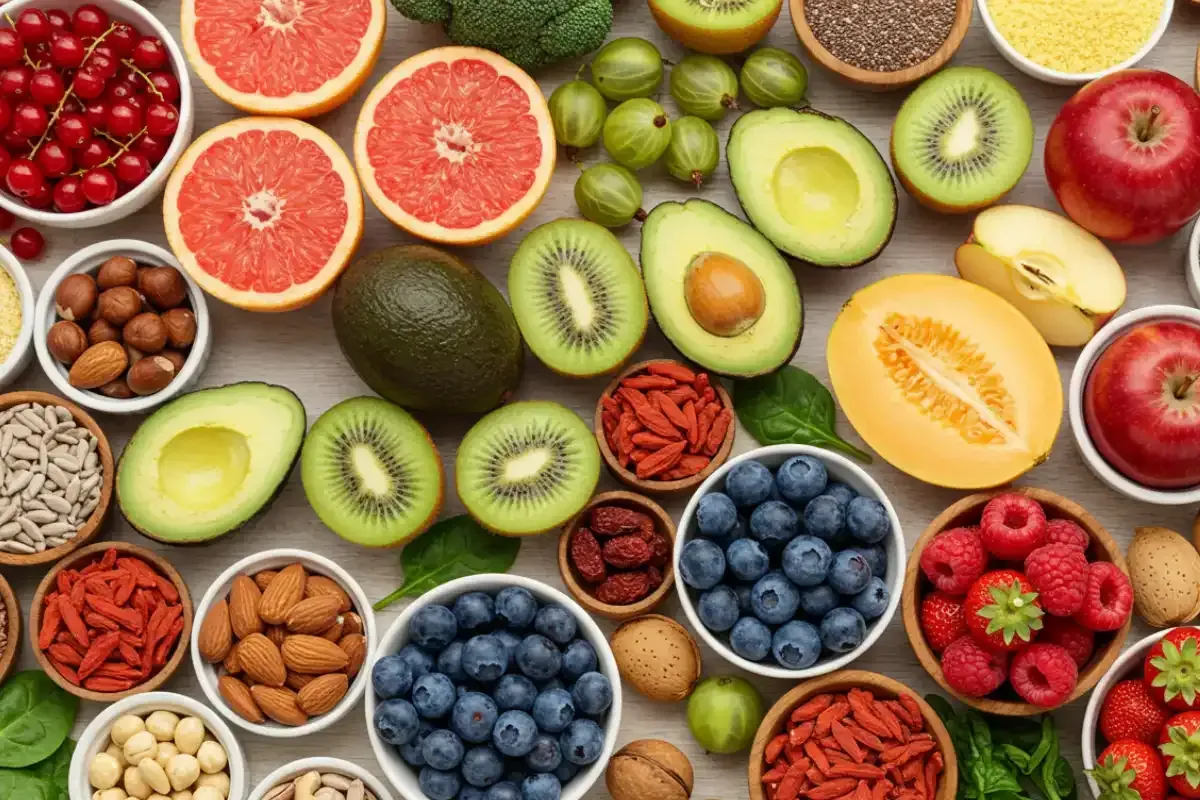
In today’s highly regulated food industry, food traceability is a fundamental pillar for ensuring reliable and safe products. Tracking every ingredient from its source to the point of sale not only protects consumer health but also improves production efficiency.
What is food traceability, and why does it matter?
Traceability systems allow identifying a product's entire journey. In other words, every stage is documented and traceable from the farm where it’s grown to the shelf where it’s sold.
This process allows businesses to:
- Ensure quality throughout the supply chain.
- Respond quickly to food incidents or contamination.
- Comply with international food safety standards.
- Strengthen consumer trust.
Moreover, in markets like the United States, where transparency is a competitive advantage, this traceability is key to accessing and thriving in demanding environments.
Stages of the food traceability process
Every food product goes through several stages before reaching the consumer. Therefore, thorough documentation at each step ensures tighter control and greater safety.
Agricultural production and raw materials
Everything starts in the field. That’s why tracking crops, fertilization methods, and agricultural practices is so important. It’s a key part of good manufacturing practices.
Additionally, identifying the exact origin of raw materials, including crop variety, planting and harvest dates, and applied inputs, enables swift action in case of health alerts or irregularities, thus safeguarding food safety from the beginning.
Processing and manufacturing
This stage transforms raw ingredients into finished products. Therefore, it’s essential to record batch numbers, processing conditions, equipment, and quality measures.
Moreover, documentation should cover added ingredients, allergens, personnel involved, and internal traceability within the plant. This data becomes a powerful tool for audits and certifications, ensuring a transparent supply chain built on reliability and compliance.
Distribution and retail
At this point, traceability ensures that products are followed through distribution, including shipment conditions and batch tracking. As a result, this supports a more efficient and traceable food supply chain.
Ongoing monitoring during transport and storage helps to maintain product quality. For instance, technologies such as temperature sensors, RFID tags, and digital management systems reduce spoilage and boost consumer confidence by ensuring optimal delivery conditions.
Key technologies for efficient food traceability
Technology has revolutionized traceability, enabling real-time access to data across the supply chain.
Here are some of the top solutions:
- QR Codes: Easily scannable, providing access to source, date, and handling data.
- ERP or digital management systems: Centralize data across the transparent supply chain.
- Blockchain: Still in early adoption, offers tamper-proof, accessible record for all stakeholders.
As a result, these tools improve auditability, prevent fraud, and ensure robust food traceability.
Business benefits of implementing food traceability
Implementing a well-structured traceability system for food products benefits companies at all levels, from sourcing to sales.
Some of the key advantages include:
- Faster detection of quality or safety issues.
- Reduction in losses due to product recalls.
- Compliance with both local and international regulations.
- Improved brand reputation and customer loyalty.
- Driving innovation in food through data analysis.
Together, these benefits give companies a strong edge in today’s competitive food industry.
Alimentos SAS: A case study in traceability and quality
Food traceability is more than a regulatory requirement; it’s a strategic advantage. It brings transparency, safety, and efficiency across the value chain. By embracing it, companies can secure consumer trust and long-term business success.
At Alimentos SAS, we are leaders in developing reliable, high-quality food products. Founded in Colombia in 1981, we have over 40 years of experience serving demanding industries.
Our commitment to traceability allows us to offer safe, controlled ingredients like fruit pulps ideal for beverage, dessert, and bakery manufacturers. Some of our top products are:
- Frozen fruit pulp: Preserves flavor and freshness without losing nutritional value.
- Extended shelf-life fruit pulps: Perfect for industries requiring long storage without refrigeration.
Alimentos SAS helps small and medium-sized enterprises deliver safe, reliable products from farm to table thanks to certified processes and a fully monitored food supply chain.
If your business needs a trusted supplier offering guaranteed traceability and tailored solutions, visit Alimentos SAS.
References
- Millet Jiménez, L. (2021). How can traceability be ensured from farmer to plate? UBI Solutions.
- Seidor. (2025). What is food traceability, and how can it be guaranteed?
- Traqfood. (2024). The importance of food traceability in food safety: crucial information for ensuring healthy foods.
